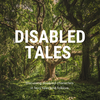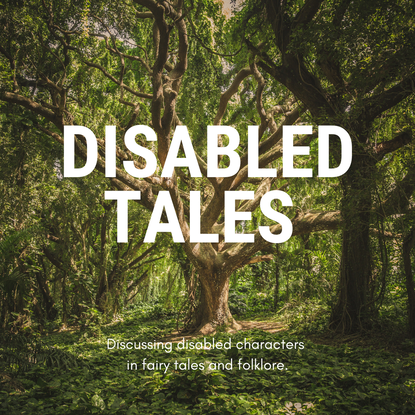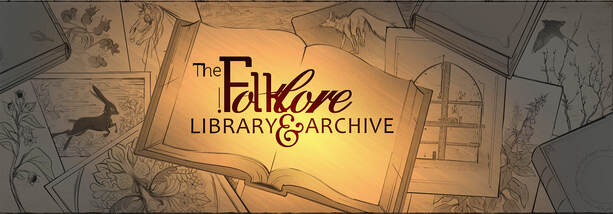About
Hello and welcome to Disabled Tales!
This brand new website has been created as a space to explore and discuss folklore and fairy tales with a particular focus on disabled characters.
Disabled characters are not scarce in folklore and fairy tales, while in other genres they are almost non-existent! However, disability is often imposed on characters as a punishment, or else some physical disfigurement marks a character as evil. If a "good" character is disabled, they are generally cured by the end of the story and this is seen as a personal triumph.
We have been reading disabled bodies symbolically for far too long and it is time we start viewing them as people, rather than devices.
Fairy and folk tales have survived because they have been retold over and over. They have grown and changed in lots of ways, but not so much when it comes to the representation of disability. So let's talk about why. Let's talk about the characters that resonate with us. Let's discuss the parts of these stories that make us uncomfortable and let's talk about where we feel seen. Let’s change the narrative, transform it, even!
We'll be posting articles spotlighting both well and lesser known characters and examining what a disabled perspective can bring to our understanding of these stories.
We would also love to hear from disabled, chronically ill, mentally ill and neurodivergent people!
What are your opinions on fairy tales? Do you love them? Do you hate them? Who do you identify with? Are these stories important? Have you written a story or poem that subverts ableist tropes of the fairy tale genre? Send us your thoughts, essays, articles, anecdotes, poems or fiction!
This brand new website has been created as a space to explore and discuss folklore and fairy tales with a particular focus on disabled characters.
Disabled characters are not scarce in folklore and fairy tales, while in other genres they are almost non-existent! However, disability is often imposed on characters as a punishment, or else some physical disfigurement marks a character as evil. If a "good" character is disabled, they are generally cured by the end of the story and this is seen as a personal triumph.
We have been reading disabled bodies symbolically for far too long and it is time we start viewing them as people, rather than devices.
Fairy and folk tales have survived because they have been retold over and over. They have grown and changed in lots of ways, but not so much when it comes to the representation of disability. So let's talk about why. Let's talk about the characters that resonate with us. Let's discuss the parts of these stories that make us uncomfortable and let's talk about where we feel seen. Let’s change the narrative, transform it, even!
We'll be posting articles spotlighting both well and lesser known characters and examining what a disabled perspective can bring to our understanding of these stories.
We would also love to hear from disabled, chronically ill, mentally ill and neurodivergent people!
What are your opinions on fairy tales? Do you love them? Do you hate them? Who do you identify with? Are these stories important? Have you written a story or poem that subverts ableist tropes of the fairy tale genre? Send us your thoughts, essays, articles, anecdotes, poems or fiction!
Our collaboration with The Folklore Library and Archive
The Folklore Library and Archive is an independent library and archive, physically based in the South West of the UK, which aims to preserve an ever-growing repository of research material in the field of folklore for future generations of researchers. We hope to do this both through a physical library of books and other materials and also via digitisation.
Disabled Tales is working with the Folklore Library and Archive to preserve our contents for the future. Essays, stories, poetry and artwork we accept for publication will be added to The Folklore Library archive unless contributors request otherwise in their submission email.
Disabled Tales is working with the Folklore Library and Archive to preserve our contents for the future. Essays, stories, poetry and artwork we accept for publication will be added to The Folklore Library archive unless contributors request otherwise in their submission email.



